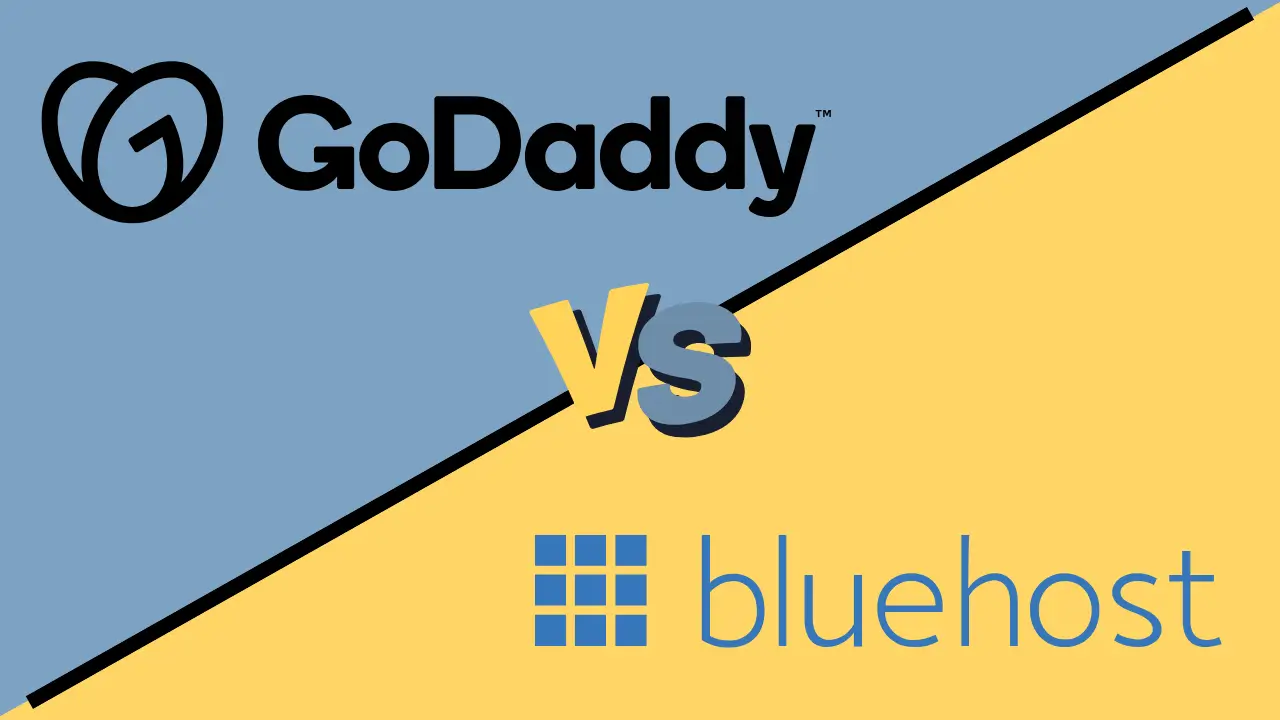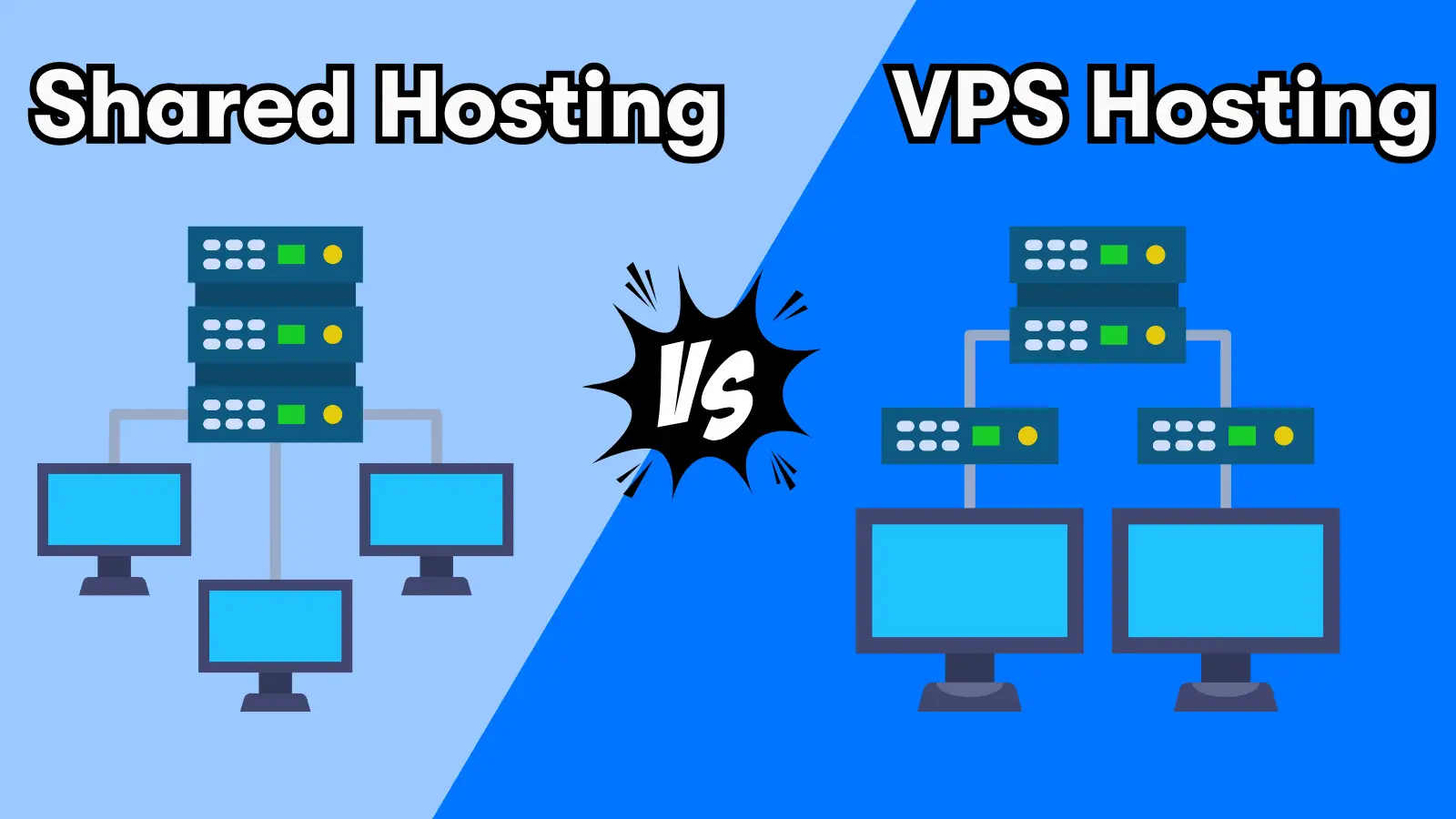Why You Can Trust the Expertise of Sonary
At Sonary, we are committed to providing accurate and trustworthy information to help you make informed decisions. Our research process is meticulous, transparent, and guided by a dedication to maintaining the highest standards of integrity.
Unlike many other review platforms, we conduct in-depth evaluations of the software and services we feature. Our expert team tests and actively uses the tools we review to understand their features, performance, and value comprehensively. Our assessments are based on real-world use, giving you insights beyond surface-level descriptions.
Our research methodology includes analyzing key consumer factors such as pricing, functionality, device usability, scalability, customer support quality, and unique industry-specific features.
This hands-on approach and dedication to transparency mean you can trust Sonary to deliver regular, up-to-date content and recommendations that are well-researched and genuinely helpful for your business needs.
What is a Could Hosting
Cloud hosting is a modern form of web hosting that utilizes a network of virtual servers to host websites and manage data. Unlike traditional hosting that relies on a single server, cloud hosting spreads the load across multiple physical and virtual servers which are interconnected. This approach allows for greater flexibility, scalability, and reliability.
Key Features of Cloud Hosting
- Scalability: One of the primary benefits of cloud hosting is its scalability. Resources can be adjusted based on site demand, making it ideal for websites with fluctuating traffic.
- Reliability: Cloud hosting reduces the risk of downtime in case of server malfunction by distributing data across multiple servers. This redundancy helps ensure that the website remains operational almost all the time.
- Flexibility: Users can choose to pay for only the resources they use and adjust them dynamically. This pay-as-you-go model can lead to cost savings compared to traditional hosting, where you pay for a certain amount of resources regardless of usage.
- Performance: Cloud hosting can offer enhanced performance due to its distributed nature. Resources from multiple servers can be harnessed to load your website faster.
- Disaster Recovery: With data mirrored across multiple redundant sites on the network, cloud hosting improves security and makes disaster recovery much easier and more effective.
How Cloud Hosting Works
Cloud hosting involves a network of interconnected virtual servers that share an underlying pool of physical server resources. Websites hosted on the cloud are not limited to a single server. This allows resources such as processing power and storage space to be pulled from various servers in the network as needed. This flexibility helps manage large traffic spikes smoothly without server overload.
Cloud Server Price and Costs
Cloud hosting costs can vary widely depending on several factors, such as the provider, the specific service model, the resources needed (like CPU, RAM, storage), and the level of management provided. Here’s a breakdown of how these costs can be structured:
-
Service Models
- Infrastructure as a Service (IaaS): This is typically the most basic and cost-effective form of cloud hosting, where you pay for raw computing resources per use. Prices might range from $0.005 per hour for a small instance to over $3.00 per hour for large capacities with high CPU and RAM.
- Platform as a Service (PaaS): Pricing for PaaS includes not only the infrastructure but also software and development tools hosted on the platform. This can start at around $0.05 per hour and increase depending on the platform’s capabilities and additional features.
- Software as a Service (SaaS): This is typically the most expensive, including the software application and the infrastructure. SaaS pricing is often based on a per-user model, with costs ranging from $5 to $100 per user per month, depending on the complexity and type of software.
-
Resource Usage Storage
- Storage: Cloud providers generally charge for storage based on the amount of data stored per month. This can be as low as $0.01 per gigabyte to $0.20 per gigabyte per month.
- Bandwidth: Some providers charge for cloud data transfers. Prices can vary widely, but a common range could be from $0.05 to $0.12 per gigabyte.
- Instances: Pricing can depend on the type and size of the instance (virtual machine) you are running. Smaller instances are cheaper, while larger instances with more CPUs and memory are more expensive.
-
Management and Support Self-Managed
- This is cheaper because you manage the server, including updates and security. Managed hosting is more expensive because it includes technical support, security management, and automated backups. This can add an additional 10% to 50% to your bill.
-
Additional Features
- Backup and recovery services
- Advanced security features
- Specialized compliance services
- Database management
- Load balancing
Example Pricing
For a small to medium-sized business. You might expect to pay anywhere from $10 to $200 monthly for basic cloud hosting services. More comprehensive solutions involving high availability, enhanced security, and managed services can push costs to $2000 per month or more for larger enterprises.
How to Choose the Best Cloud Hosting Provider
Choosing the best cloud hosting provider is crucial for your online presence’s performance, security, and reliability. Here are key factors to consider when selecting a cloud hosting provider:
- Determine Your Hosting Needs and Traffic Volume: Estimate the traffic your site expects to handle. This will guide you on the type of cloud hosting plan needed. Type of Content: If your site is media-heavy, you’ll require more storage and bandwidth. Application Type: Some applications require specific configurations or operating systems. Scalability: Consider how quickly you expect to grow and how scalable the hosting solution needs to be.
- Evaluate the Infrastructure Data Center Quality: High-quality cloud server providers have multiple data centers with high uptime and disaster recovery standards. Hardware Quality: Look into the hardware technology the provider uses. Newer and more robust hardware can significantly improve performance. Redundancy and Reliability: Ensure redundancy in power, network, and storage, which helps maintain service continuity.
- Performance and Uptime Guarantees Uptime Guarantees: Most providers offer a 99.9% uptime guarantee, but always check their historical performance. Server Response Times: Good server speed is crucial for website performance, especially for user experience and SEO.
- Security Measures Security Protocols: Ensure they have strong firewalls, DDoS protection, SSL support, and regular data backups. Compliance Standards: Compliance with HIPAA or PCI DSS is crucial for businesses in regulated industries (healthcare or finance).
- Scalability Options Resource Scaling: The provider should allow you to scale resources up or down based on your needs without significant downtime. Cost of Scaling: Understand how costs will change as you scale up and ensure these are manageable.
- Customer Support Support Availability: 24/7 support is ideal, especially for businesses that operate around the clock. Support Channels: Multiple support channels (phone, chat, email) indicate better service. Responsiveness: Read reviews or ask for references to gauge support effectiveness.
- Cost-Effective Pricing Structure: Analyze the pricing to ensure there are no hidden costs. Understand how they charge per usage, flat rate, etc. Trial Periods and Money-back Guarantees: These can help you test their service risk-free to see if it fits your needs.
- Management Features Control Panel and Dashboards: Easy-to-use management tools can reduce technical staff. Automation: Features like auto-scaling, backups, and updates can improve operational efficiency.
- Reviews and Reputation Customer Reviews: Look for feedback from current and former users to gauge satisfaction and service quality. Industry Reputation: Established cloud server hosting providers often have a proven track record of reliability.
- Service Level Agreements (SLAs) Read the SLA Carefully: Understand the service guarantees and the compensation provided for any failures to meet those standards.
Conclusion
In conclusion, selecting the right cloud hosting provider involves careful examination of your specific needs and potential providers’ capabilities. By considering factors such as scalability, performance, security, and customer support, you can find a cloud hosting service that meets your current requirements and supports future growth and success. With the right cloud hosting plans and website hosting strategy, businesses can leverage cloud technology’s full potential to enhance their operations. This will enable them to achieve increased efficiency and reliability.










